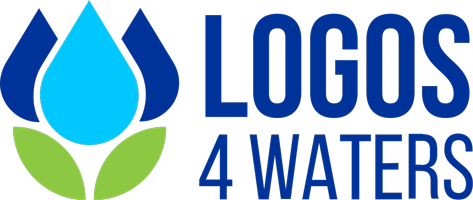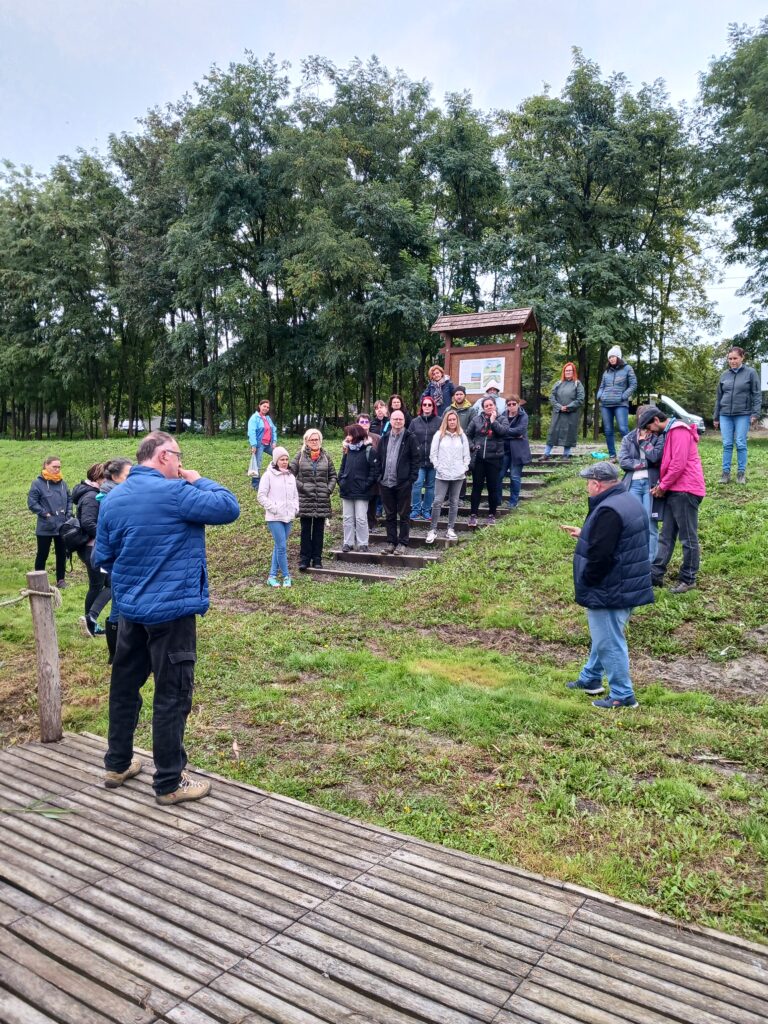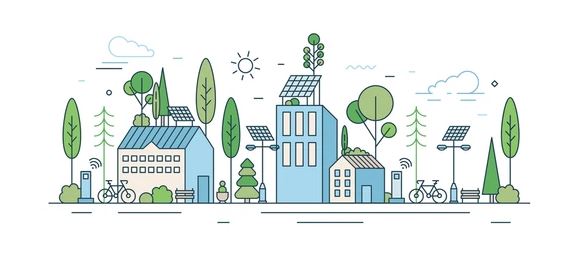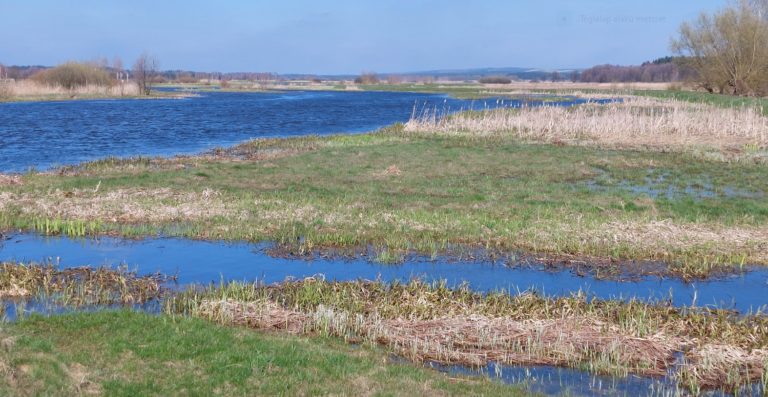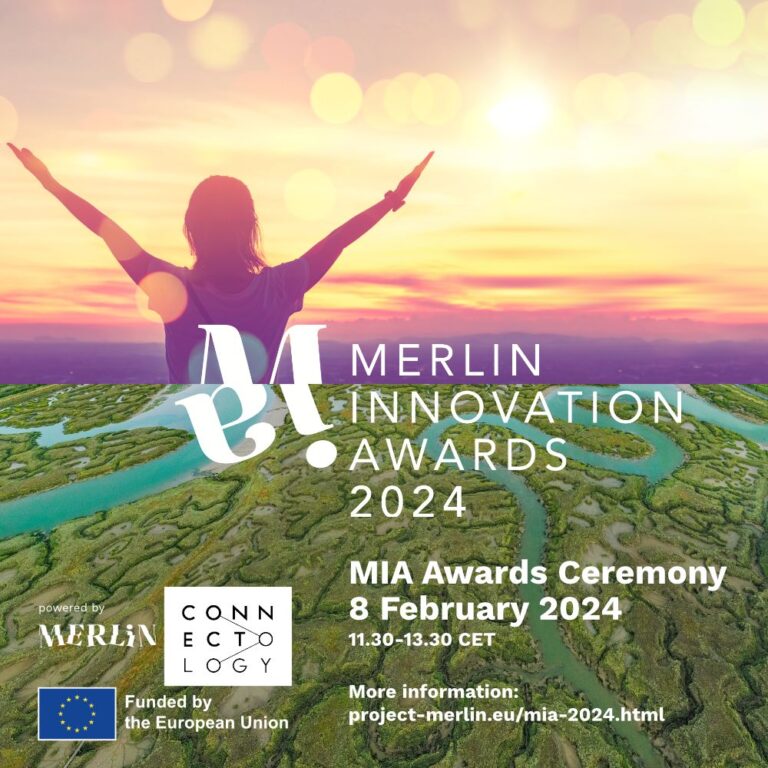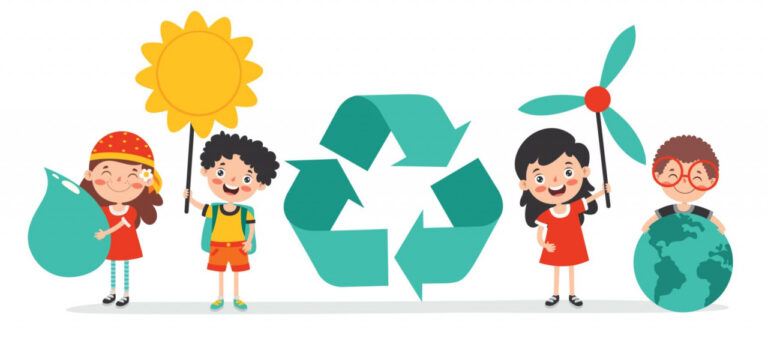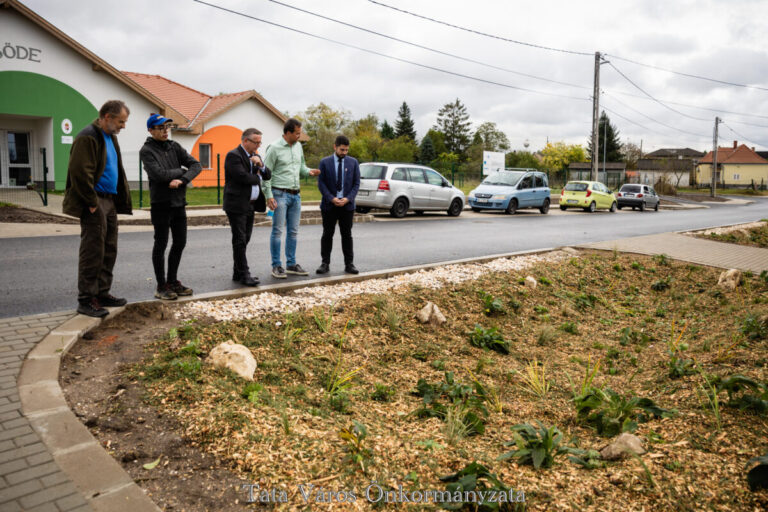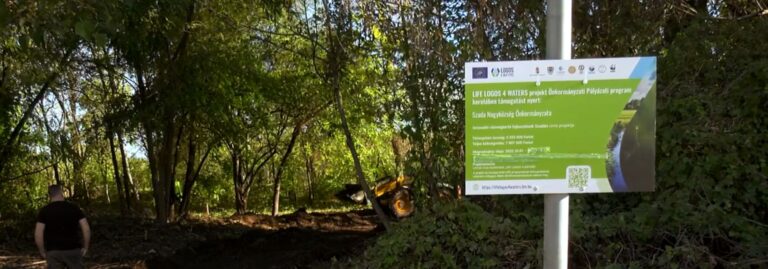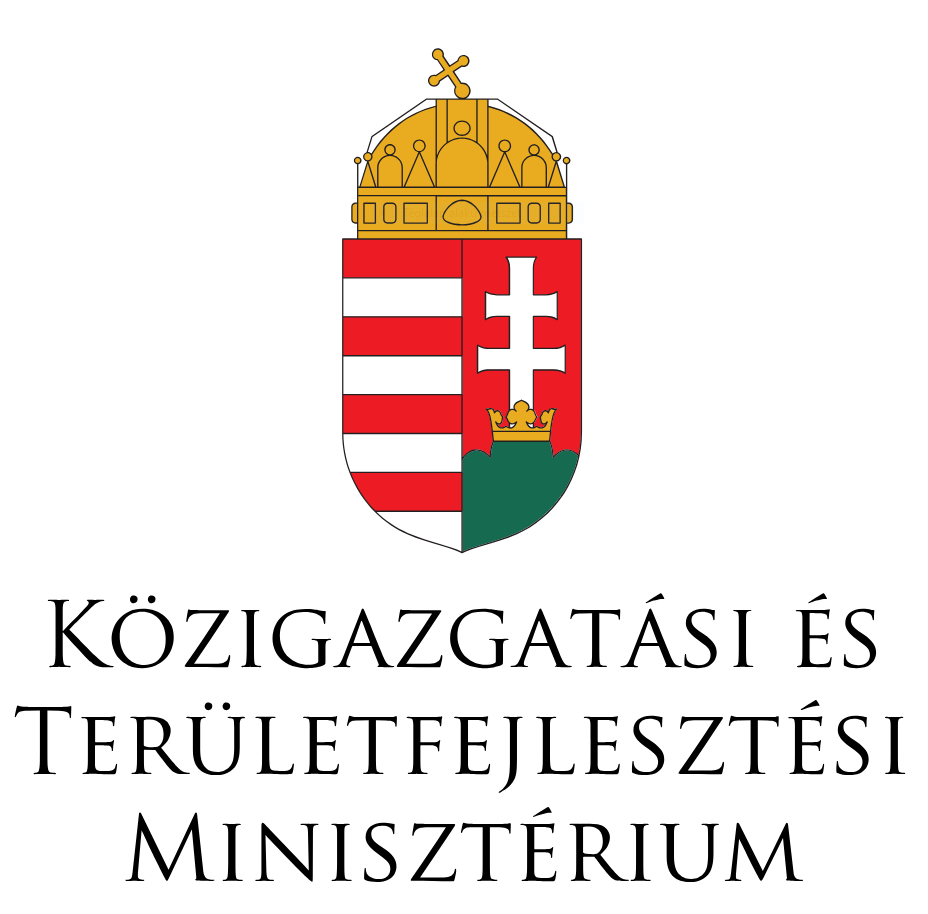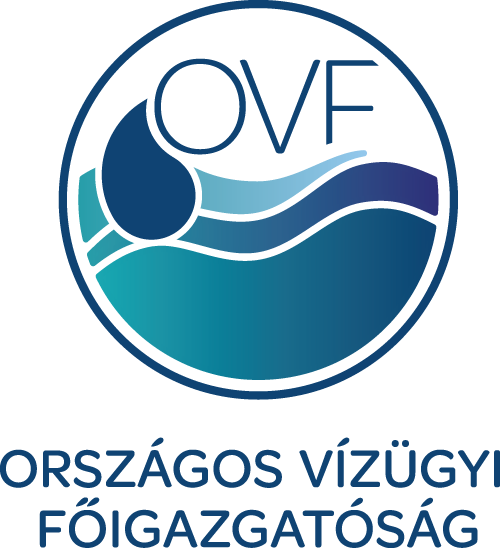In our project we made a number of attitude shaping commitments to promote the use of natural water retention solutions as widely as possible, and to change attitudes towards water and its role in adaptation. A national representative research gives a basis of this residential attitude formation, which helps to determine the attitude of the population to the topics we study. The results of the research is used to create our communication strategy and to design public campaigns.
Based on the evaluation, the population shows significant interest both in the possible consequences of climate change and both in preparation, but it’s awareness is far from satisfactory. The problem of water scarcity (expected to become more common) is currently less perceived, but the majority of respondents have already been exposed to a water-related incident. 29% of the population has heard about natural water retention solutions, of which the collection of rainwater, the increase of green areas and the controlled discharge of river water, as well as the restoration of floodplains and backwaters are the best known.
Detailed results based on the received responses:
CLIMATE CHANGE:
- Climate change is considered by the majority of respondents (79%) to be a problem that brings significant changes in their own lives – only for certain areas of life though. Few think that climate change is radically transforming their lives.
- Reducing greenhouse gas emissions and preparing for the consequences of climate change is considered equally important by more than half of the population (60%) and the range of those who say nothing needs to be done is negligible.
- The main consequences of climate change for the Hungarian population are the increasing heat, the deteriorating air quality and the spread of new diseases, as well as increasingly unpredictable weather, while floods or the migration of climate refugees are less threatening.
WATER – RELATED DAMAGE EVENTS:
- Of the specific recent incidents, storm damage, heat-related health problems and drought are mentioned among the main impacts of climate change.
- Based on the research, it can be concluded that the personal experience of the adverse effects of climate change is strongly dependent on the location of residence. In Budapest the examined damage events appeared only at 50% of the population, this range is 75% among the rural population, and regionally Northern Hungary and Transdanubia are the most affected.
- Only a small range of respondents (12%) believes that these damage events are unavoidable meteorological phenomena, 53% says that a significant part of them could be avoided with targeted investments, and another 35% thinks that we could even turn these events to our advantage.
- Only a small part of the population (40%) learned that in some settlements people face water shortages and water restrictions, and only 9% was personally involved. The differences in location are significant here as well; while the range is 13% among the rural population, it is only 4% among those living in the capital. It is important to highligh that for one-third (35%) of the personally affected residents, water shortage and water restriction caused more serious disruptions.
- The population expects the solution for the problems related to water damage and water scarcity primarily from the current government and water authorities, and companies with significant water use and water suppliers are also given a serious responsibility. Meanwhile, individual responsibility and the role of NGOs are significantly underestimated
RAINWATER TREATMENT, IRRIGATION
- 69% of the surveyed population lives in households with a garden or garden access. The garden is used by the vast majority for flower growing and plant growing, and 75% of those who owns a garden, waters it regularly. 82% of them irrigates from wells, with drinking water or separate irrigation water, while 44% uses collected rainwater.
- Those who do not use collected rainwater mostly mention the lack of suitable equipment (53%), but mosquitoes that proliferate in the storage (21%) also arise as a reason. A small percentage doesn’t know how to solve it effectively or just doesn’t want to bother with it.
- It can be stated from the answers that a significant part of the population does not know how to collect rainwater efficiently and what financial resources it requires to develop it. Those who do not use rainwater for irrigation are therefore the ones who want the most support for the purchase of equipment (51%), but one third of them (32%) would like to have more information. It is thought-provoking that 11% mentioned that tap water is too cheap, which reduces the motivation to “bother” with rainfall collection.
NATURAL WATER RETENTION SOLUTIONS
- 29% of the population has heard about natural water retention solutions, of which the collection of rainwater, the increase of green areas and the controlled discharge of river water, as well as the restoration of floodplains and backwaters are the best known.
- Nearly 80% of households with a garden already uses some form of natural water retention solution and a further 8% would like to use one. In addition to collecting rainwater, the most popular solutions are to preserve or create natural vegetation and mulching, while the green roof seems less attractive for the time being.
RESPONSIBILITIES
- Respondents expect the current government and EU politicians to increase green space, encourage water saving and restore natural wetlands.
- Meanwhile, the least support would be given to large-scale irrigation investments in arable lands, the construction of stormwater drainage ditches and the transition to drought-tolerant crops from central sources.
Basic data of the research:
– National, online representative research
– Sample size: 1000 people
– Target group: the Hungarian population aged between 18-70
– The questionnaire was compiled by: Curiocity Kft.
– The query was performed by: NRC Marketingkutató és Tanácsadó Kft.
The research took place in December 2021, with the aim of getting to know the current situation. The survey will be repeated in 2025 to make the results and impacts of the 4-year project measurable.
The survey summary in Hungarian can be downloaded from the Document Library.

